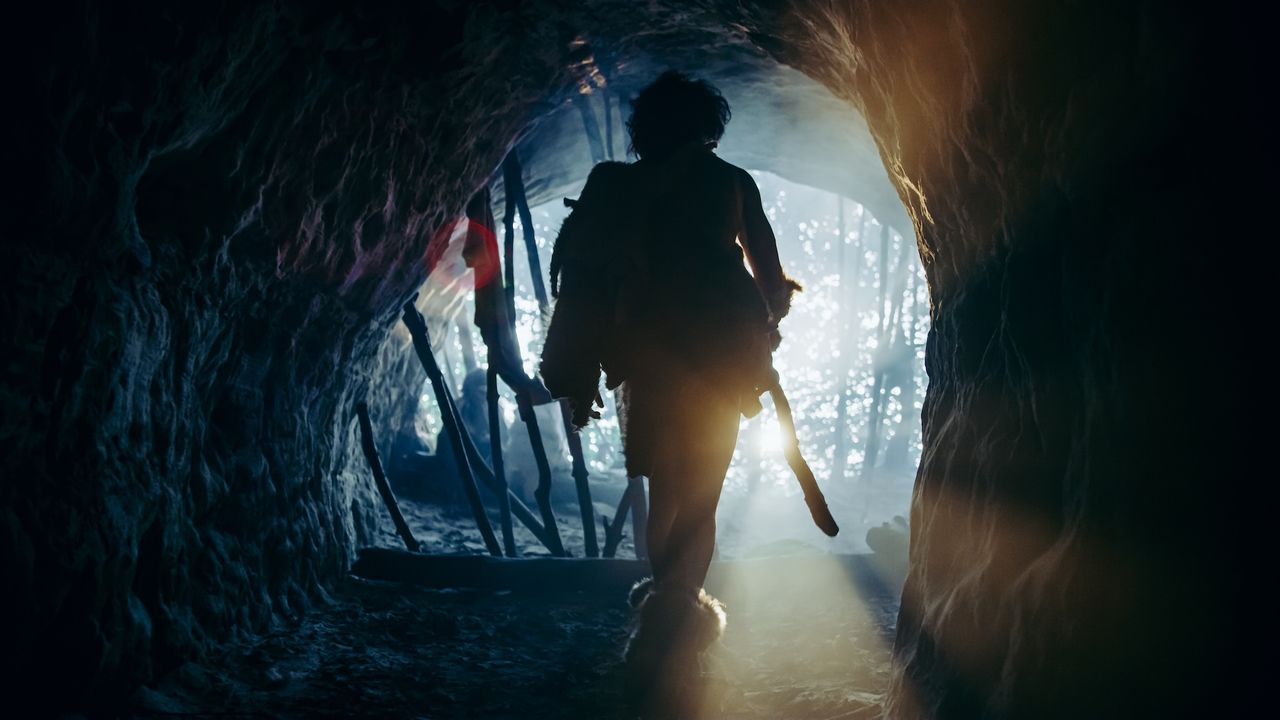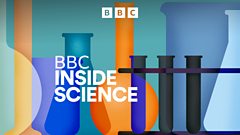Neanderthals could be brought back within 20 years — but is it a good idea?
NeutralScience

The possibility of bringing back Neanderthals within the next 20 years has sparked a fascinating debate. While advancements in technology may make this feasible, it raises important ethical questions about whether we should actually pursue such a goal. This discussion is crucial as it touches on our understanding of evolution, conservation, and the responsibilities we hold towards extinct species.
— via World Pulse Now AI Editorial System
